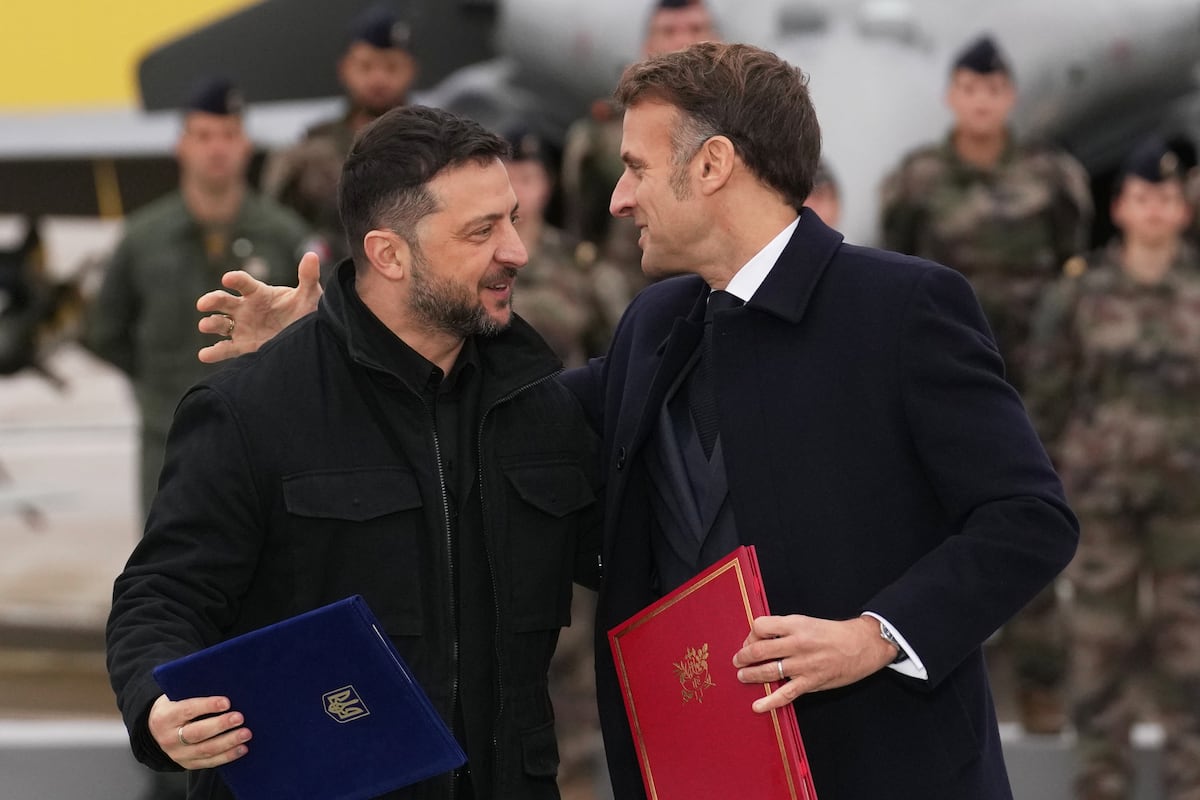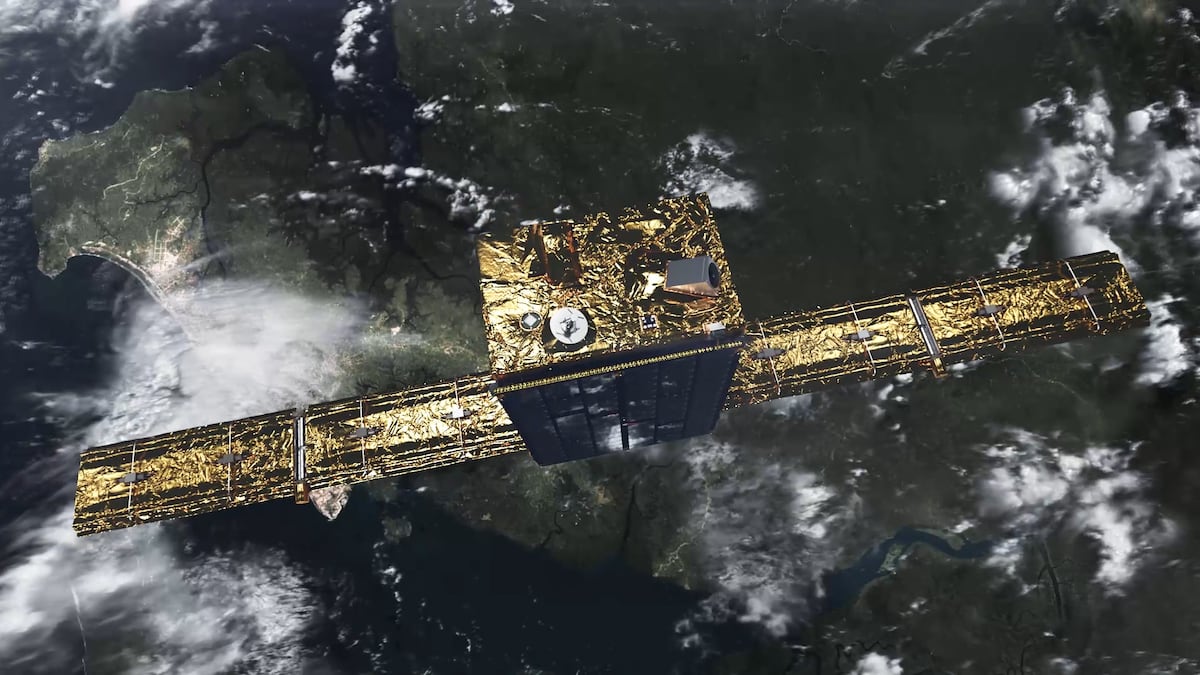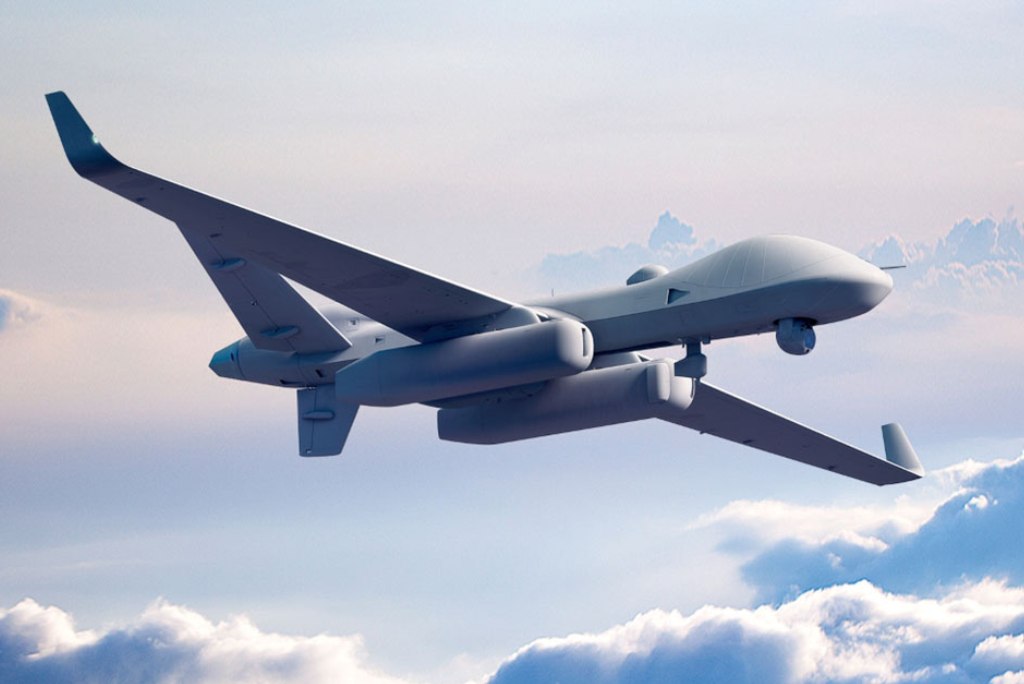Strategic Risks: China’s Disinformation Campaign Against the Rafale Fighter Jet
Overview of Allegations
In a calculated move to undermine France’s defense credibility, Chinese diplomatic entities reportedly engaged in a disinformation campaign targeting the Rafale fighter jet, particularly in the wake of the recent hostilities between India and Pakistan. According to a French intelligence report, this initiative sought to tarnish the reputation of Dassault Aviation’s aircraft and bolster the appeal of Chinese military alternatives.
Motivations Behind the Campaign
- The effort primarily aimed at influencing potential buyers, with Indonesia highlighted as a key target.
- Chinese defense attaches attempted to convince these nations that the Rafale underperformed in the four-day conflict, thus prompting consideration of competing Chinese models.
- Meetings involving Chinese representatives suggested a deliberate strategy to sway perceptions among both current and prospective clients of the Rafale.
Exploiting Online Discourse
During these engagements, Chinese officials made references to dubious online commentary criticizing the Rafale’s performance.
- This commentary primarily originated from Pakistan and China, featuring manipulated imagery and AI-generated content purportedly depicting debris from the Rafale aircraft.
- An estimated 1,000 social media accounts were mobilized to disseminate the narrative, as identified by French experts specialized in online misinformation.
While French intelligence has yet to establish a concrete connection between the campaign and the Chinese government, the defense attaches employed the emerging narrative as leverage, asserting the superiority of Chinese military capabilities over French offerings.
Claims and Counterclaims
Notably, Pakistan announced the destruction of six Indian Air Force jets, including three Rafales, during initial confrontations on May 7-8. India has rejected this assertion; however, it has acknowledged the loss of some aircraft, albeit likely fewer than claimed.
- A representative from the French Ministry of the Armed Forces stated, “The Rafale was not selected at random. It is a highly capable asset exported internationally and utilized in critical conflict zones.”
- The official further explained that the targeting of the Rafale symbolizes an assault on France’s strategic offerings, undermining the nation’s image as a reliable defense partner while simultaneously threatening its defense industrial base.
Strategic Implications
This disinformation campaign represents more than merely a tactical move against a specific aircraft; it also poses a broader threat to national perceptions of France’s strategic autonomy and industrial integrity. The implications extend beyond military assets, indicating a persistent effort by adversaries to diminish the credibility of France’s defense sector amid a competitive global landscape.
Conclusion
The actions pursued by Chinese officials highlight a multi-faceted approach to gain an upper hand in the global defense market. As nations grapple with the shifting dynamics of international security, the interplay of information, perception, and strategic partnerships becomes increasingly vital. France’s response and recovery efforts from such disinformation campaigns will be crucial in maintaining its standing as a formidable defense exporter and a trusted ally on the global stage.





